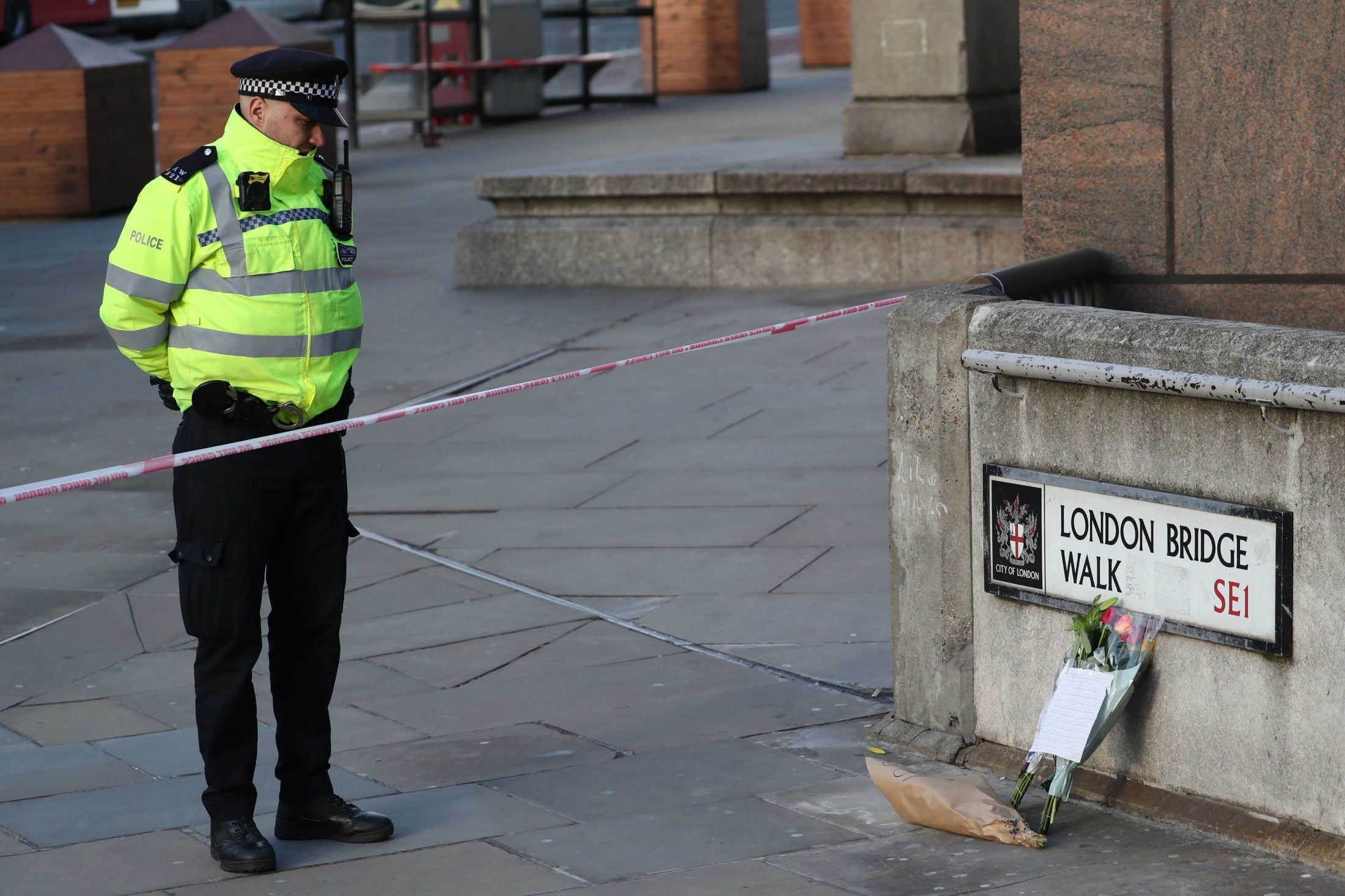We trample on other people’s memories all the time: by what we say, and what we don’t say; and by our thoughtless, even reckless actions. We do it literally too, when we walk in the spaces that have witnessed others’ personal disasters and triumphs.
Leaving a meeting in Southwark this week, I thought about heading over the river, planning to enjoy the endlessly bewitching swirl of the Thames under wintry sun and to pick up the Tube at Bank station. But then I was struck by the recollection of the hideous events that had taken place on London Bridge just a few days earlier, and all of a sudden, the idea of walking on the pavement where Usman Khan’s murderous assault had been brought to a definitive end seemed a little ghoulish.
Subscribe to Independent Premium to bookmark this article
Want to bookmark your favourite articles and stories to read or reference later? Start your Independent Premium subscription today.

Join our commenting forum
Join thought-provoking conversations, follow other Independent readers and see their replies